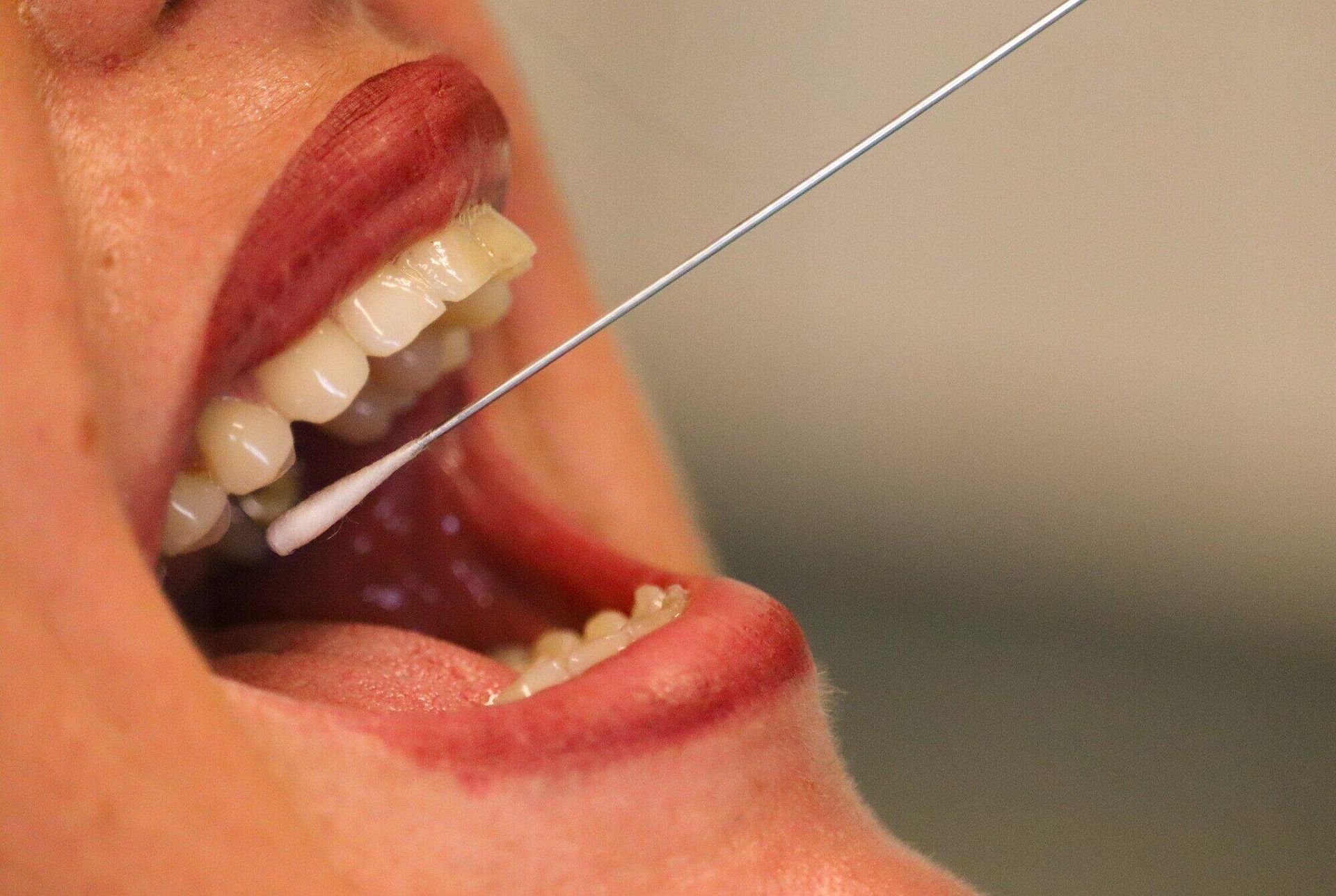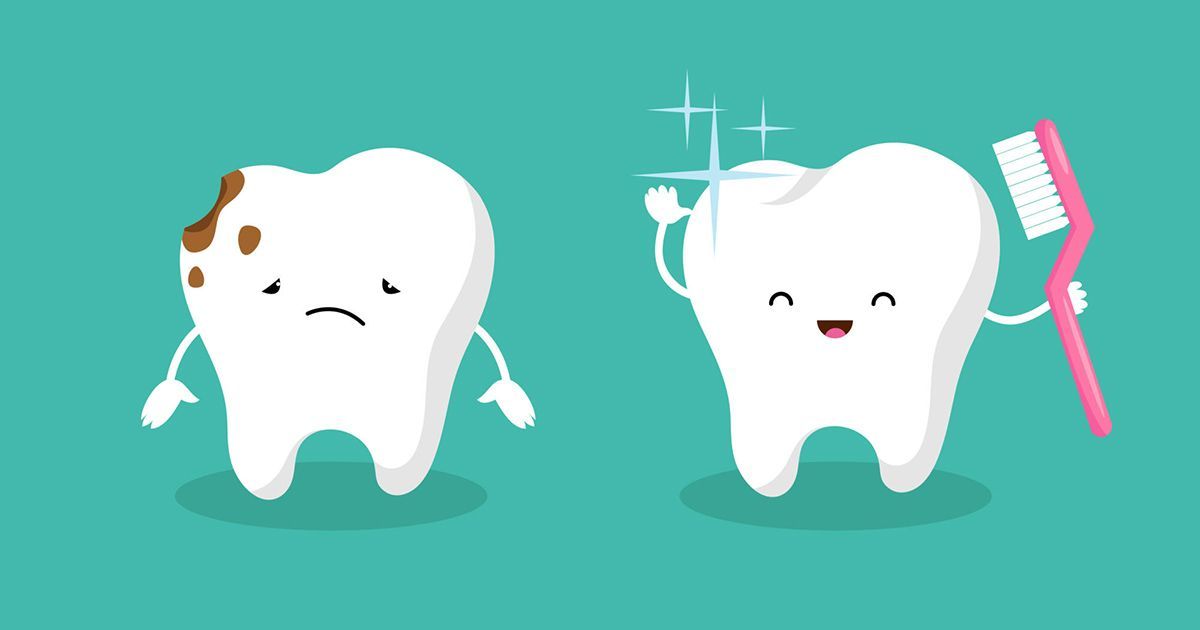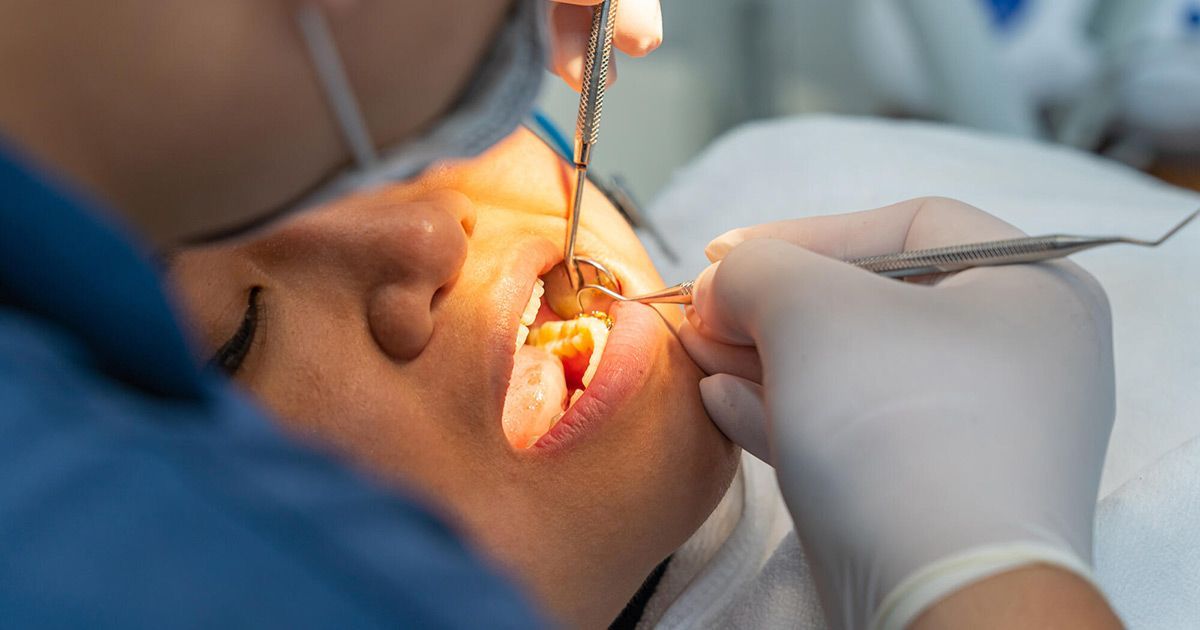Top Myths About Root Canal Therapy
Do you want to know several top myths about root canal therapy? Have you ever undergone the procedure? Read on to learn more.
An estimated 25 million root canals are treated in the United States each year, highlighting the value of this important dental treatment. Root canal therapy is a procedure that involves removing the pulp of a tooth (the soft center) when it becomes infected, inflamed, or injured. Doing this is the best way to preserve the structure of the tooth.
While a popular procedure, it is also one that is misunderstood. A number of myths surrounding root canal therapy still exist. In this blog post, your expert dentist in Ashburn, VA will dispel some of the most common myths about root canal treatment that you should be aware of.
These include that a root canal is painful, the treatment itself is painful, it is better to pull a tooth, the treatment is long and complicated, it can result in illness, and more. Let's get started with this root canal therapy guide.
Root Canals Are Alway Painful
Many people, when they hear the words "root canal," immediately assume that it is a very painful dental issue. However, it is important to state that a tooth needn't hurt to require root canal therapy.
As infection of a tooth can exist outside or inside and discomfort may not be readily evident. Not all infected teeth result in painful toothaches. Therefore, it is important that you pay regular visits to your dentist for checkups to ensure your overall oral health.
Root Canal Therapy Is Painful
In the same way, there is a belief that root canal therapy itself is a painful and uncomfortable procedure. We're happy to confirm that this is simply a myth and not true.
Thanks to modern dental technology, root canal therapy is a straightforward procedure. Recovery time following root canal therapy is short and any post-therapy discomfort is minimal.
At the beginning of the procedure, a small amount of numbing medication will be placed on the gum near the affected tooth. As soon as this has taken effect, the dentist will inject a local anesthetic into the gums, meaning that no pain will be felt during the procedure.
Patients can take over-the-counter pain medications in the days after the procedure to manage any lingering discomfort.
It Is Better to Pull the Tooth
This is another common misconception. The bottom line is that it is often better to save a natural tooth than to extract it. If you remove a tooth without a plan to replace it, this can lead to malocclusion, which can affect a person's bite and lead to the need for more extensive treatment in the future.
In the event that a tooth has suffered extreme damage, extraction may be a better route, though you should always discuss your options with your dentist first.
Treatment Is Long and Complicated
In most cases, root canal therapy is performed in one visit. In some cases, two visits may be necessary depending on inflammation and infection.
Once the anesthetic has been applied, the dentist begins by making a small opening in the top of the tooth and using files to remove the pulp. Next, the area is coated with a topical antibiotic. This ensures that the infection is gone and helps to prevent reinfection.
Then, the tooth is filled and sealed with a material called gutta-percha and a sealer paste. A temporary filling is then placed to fill the small open in the top of the tooth, which helps to prevent saliva from damaging the canals.
It Can Result in Illness
The belief that root canal therapy can result in injury dates back to 1910. It was started by Dr. Weston Price, who said that an infected tooth should be treated by extraction rather than root canals in order to limit the risk of a more general illness.
Price's observations were initially accepted, however, they were later proven to be flawed and incorrect. It should be stated that having a root canal does not increase a person's likelihood of disease or illness. Given that many millions of root canal therapy procedures are performed every year, this should not come as a surprise.
A Pregnant Woman Can't Undergo Root Canal Therapy
Our last myth here is that pregnant women can't undergo root canal therapies. In fact, many women undergo root canal therapy every year.
A small X-ray is necessary for root canal treatment, however, the radiation exposure is minimal and the X-ray is aimed at the mouth rather than the abdomen area. In the case where a pregnant woman needs to have an X-ray, a lead apron is used to cover the belly.
If you are unsure about this or any other element of root canal therapy, don't hesitate to speak to your dentist. They will take you through every step of the process and help you to understand how it works, as well as dispel any myths surrounding this procedure.
Dispelling the Top Myths About Root Canal Therapy
The bottom line is that while there are a number of myths about root canal therapy that continue today, it is a safe, effective, and popular treatment option. As a restorative procedure, patients are able to enjoy the positive results for the rest of their lives. It is important to always practice good oral hygiene to ensure the health of your teeth.
If you are looking for a quality root canal therapy dentist in Ashburn, VA, your premier choice is Simply Smiles. Contact our friendly team today to schedule an appointment.













